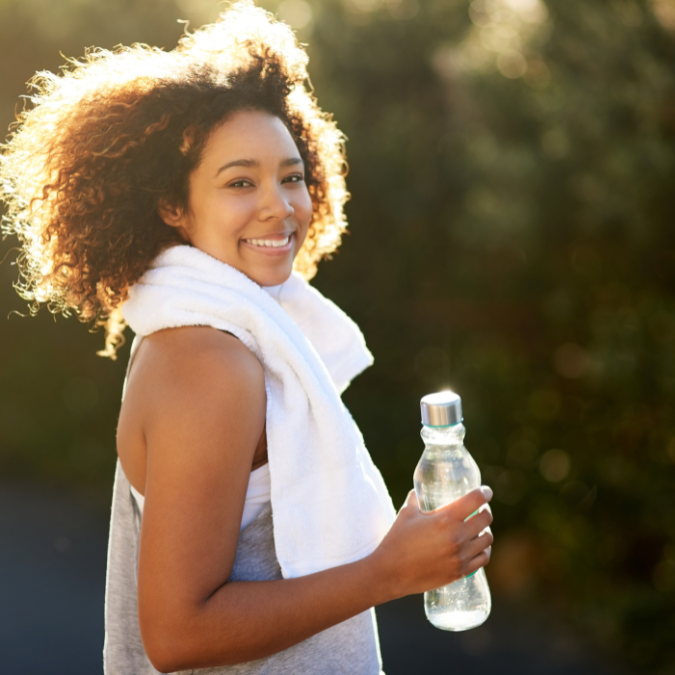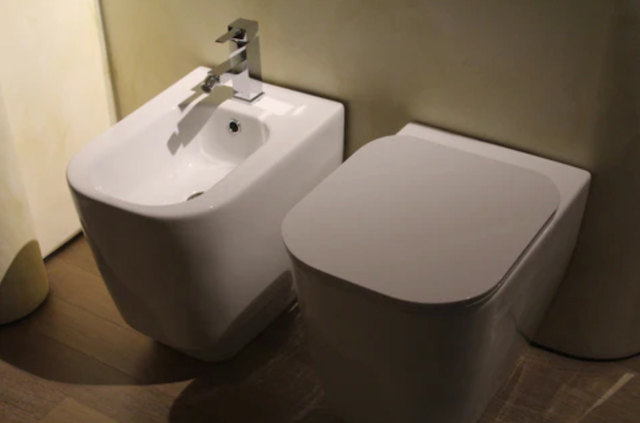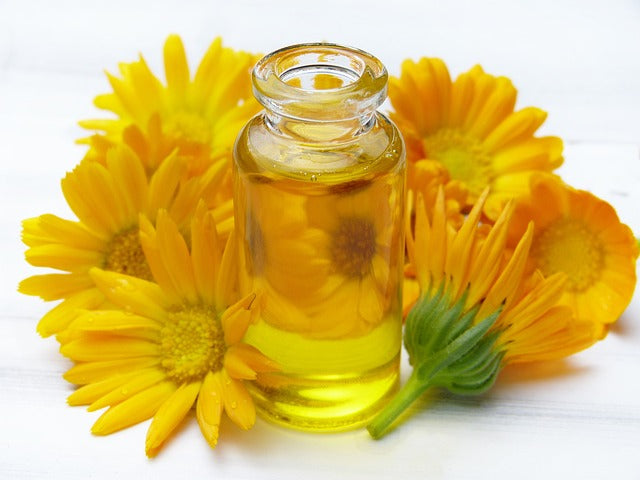More than half of the human body is made up of water. It plays an essential role in so many head-to-toe bodily functions, from brain activity to digestion to weight management. Yet so many of us don't drink enough of it.
Some might say it's because there's not one universal recommended amount. Others might use the excuse that its tastelessness makes it a challenge to drink (even when infused with fruit). But in order for the body to function optimally, water is key. Luckily, there are ways to get enough of it without choking down 8 glasses a day.
The importance of hydration
Staying well-hydrated isn't just essential for human function—it can improve overall quality of life. Dehydration can cause a range of health issues, from migraines and joint pain to poor organ function.
Simply put, staying hydrated can:
- Balance energy levels
- Boost brain health
- Deliver oxygen and nutrients for improved cellular function
- Enhance sleep quality
- Improve skin health
- Lubricate joints
- Maintain a healthier weight
- Protect organs
- Reduce severity and frequency of headaches
- Regulate body temperature
-
Remove excess waste
Hydrate with fruits and veggies
Most fruits and vegetables contain an adequate amount of water naturally, but some stand out for their higher concentrations. Those with a higher water content include:
- Bell peppers
- Broccoli
- Celery
- Cucumber
- Grapefruit
- Grapes
- Lettuce
- Melon
- Nectarines
- Oranges
- Peaches
- Pineapple
- Strawberries
- Tomatoes
- Watermelon
-
Zucchini
Try electrolytes
Electrolytes can help boost hydration because they're comprised of calcium, magnesium, phosphorus, potassium, and sodium—all essential elements. They help the body retain fluids to prevent dehydration and muscle cramps, ensure proper kidney function, and balance the body's pH levels.
Fortunately, gone are the days when Gatorade was the only option available. Today's versions have organic and non-GMO options without added fillers or impure ingredients—and they taste pretty delicious too.
To get electrolytes naturally, try incorporating the following foods into your diet:
- Almonds
- Avocado
- Bananas
- Brown rice
- Chicken
- Potatoes
- Pumpkin seeds
- Spinach
- Sunflower seeds
- Yogurt
You could also make your own electrolyte water by mixing cold water, salt, lemon and lime juice, and unsweetened coconut water.
Avoid overdoing it
While the body needs sufficient water to function, there is such a thing as overhydration—and it doesn't always mean you're drinking too much water. Medications and certain health conditions can make your body naturally retain more water, especially those involving the liver and kidneys.
A urine color check is a good way to indicate your hydration level. If it's dark, it means you need more water. If it's clear, you're probably overhydrated. If it's pale yellow like lemonade, you're properly hydrated.
Bottom Line
Staying well-hydrated is easier than you think. With a daily dose of electrolytes and a diet rich in fruits and vegetables, you can help ensure you're getting enough water in your life. We can all drink to that!




